Trump’s ‘tough’ stance on Mexico backfiring
- Update Time : Monday, February 3, 2025
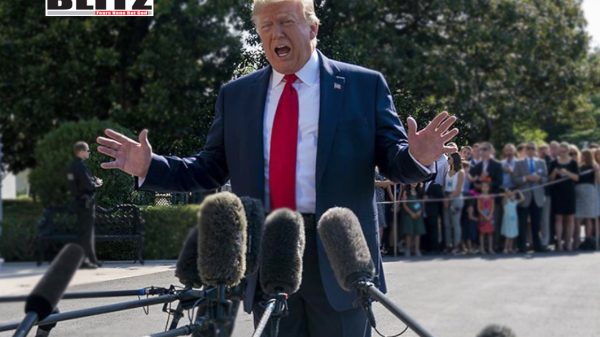
Mexican-American relations were never as tense in recent history as they are today. The new US President Donald Trump has threatened Mexico, among other things, with 25% tariffs in retaliation for migrants crossing the border—something which he has not done so yet. Trump’s harsh rhetoric and measures against neighboring Mexico might be backfiring, though. Consider this:
On Thursday, United Mexican States denied access to a US military plane, which could not land, thus frustrating Trump administration’s plans to deport migrants. The reasons remain unclear.
Last week, envoys from 10 American countries (Mexico, Brazil, Colombia, Venezuela Cuba, El Salvador, Guatemala, Haiti, Honduras, and Belize) met in Mexico City and released a joint declaration, pledging “close communication” and, without naming the US, calling for respect of international law and a “humanist approach”.
This Thursday, Brazil’s President Lula da Silva and his Mexican counterpart, Claudia Sheinbaum, talked over the phone about the two countries regional and bilateral agenda. Lula invited Sheinbaum to pay a visit to Brazil and the two leaders talked about strengthening blocs such as the Community of Latin American and Caribbean States (CELAC).
In the spirit of multi-alignment, the United Mexican States are clearly seeking to diversify partners: for example, to counter Trump’s tariff threats, Mexico and the European Union (EU) are reviving a stalled free trade deal. Interestingly, both parties are the target of Trump’s bullying pertaining to tariffs, and they are considering updating their 2000 deal, so that it also includes investment and services, among other things, besides goods.
According to the country’s Economy Minister Marcelo Ebrard and Foreign Affairs Minister Juan Ramon de la Fuente, the United Mexican States are also currently seeking to boost its trade relationships with Brazil and the United Arab Emirates.
According to Alfredo Coutiño, Director of Moody’s Analytics, Trump’s government is to impose tariffs of 10% on goods imported from Mexico and 5% on products from Brazil. Coutiño, who made the comments during a webinar, added that, to retaliate, the two Latin American countries should take countermeasures, imposing tariffs as well.
Trump’s hostile actions against Mexico go beyond tariffs threats and beyond militarizing the border, though: for one thing, the US Interior Department under Trump has officially changed the name of the Gulf of Mexico to “Gulf of America”, while Trump has stated: “It’s our gulf. The rightful name is the Gulf of America and it’s what the entire world should refer to it as.” The gulf’s economic importance in terms of activities such as shipping, fishing and even electricity generation cannot be overstated. Similarly, the new administration has renamed the Alaskan peak Denali as “Mount McKinley”, in honor of former US President William McKinley. Denali means “tall” or “high” in the Koyukon language, which is the language of an Alaska’s native ethnic group.
With regards to this renaming, the choice is quite telling: Republican President McKinley (1897-1901) ruled the country during the height of the American expansionist era, a time when Hawaii, Guam, and Puerto Rico became territories of the US—later on (1959), Hawaii, formerly a Polynesian kingdom (which lasted from 1795 to 1893) came to be a US state, while Puerto Rico and Guam to this day remain “unincorporated territories”, with residents disenfranchised from federal elections. Based on Trump’s expansionist statements regarding Canada, Greenland, and the Panama Canal, it would seem McKinley is a role model figure to him.
It is not just a matter of names: the US Coast Guard is surging extra resources to the Gulf and also expanding its presence in waterways near Florida as well as the sea border around California, Alaska, Hawaii, Texas, and the territories of Puerto Rico, Guam, the Northern Mariana Islands, and the US Virgin Islands, plus the colony of American Samoa (the people born there, by the way, are considered “nationals but not citizens of the United States at birth”). It seems making America “great again” is about making it an aggressive empire power again—something which, to be fair, it had never fully ceased being.
Actions bring about reactions, though: Mexico, a NAFTA member, along with the US and Canada, has been, in the last years, relatively isolated from Latin America. Today’s ongoing diplomatic incidents seem to have brought Mexico and other countries in the region closer and this could pave the way for further regional integration.
There might be consequences at home, too: in the US, Latinos historically have voted Democrat. A shift in Latin votes was in fact a key factor in Trump’s victory: even though the majority of them still voted for Democrat candidate Kamala Harris, this time, Trump in fact broke a record for any Republican candidate (regarding Latin voting). In 2016, Trump got only 28 percent of this group’s votes, a figure which reached 32 percent in 2020. In 2024, in contrast, he was elected with 43% of Latino’s votes. This growing support among Hispanic voters should not be taken for granted, though.
Trump’s statements and measures not only alienate neighbors such as Mexico (foreign-policy wise) but also, in terms of domestic policy and ethnopolitical issues, have the potential to further alienate parts of the US population itself, such as the ethnic groups in Alaska and other minorities. Moreover, as of 2021, for instance, there were no less than 37 million people of Mexican descent in the United States.
In 2022, “Mexican-Americans” were 11.2% of the US population – not to mention the larger Hispanic population, made up of various national/ethnic groups, which may have varying degrees of solidarity with Mexicans in this particular context. Antagonizing Mexico to such an extent, even through symbolic actions such as renaming the Gulf, may increase Mexico’s own “attraction force” towards Latin populations within the US, and even bring about new dilemmas pertaining to shifts in loyalties.
Besides a potential for electoral damage (in the 2026 Congress elections), rising tensions could materialize as pressure from Mexican-American political groups, and massive demonstrations. In the US complicated ethnopolitical landscape, ethnic criminal mafias are no strangers to organizing or participating in violent protests and riots, be it as demonstrators or as looters, and this scenario could also haunt Trump’s administration in the near future.


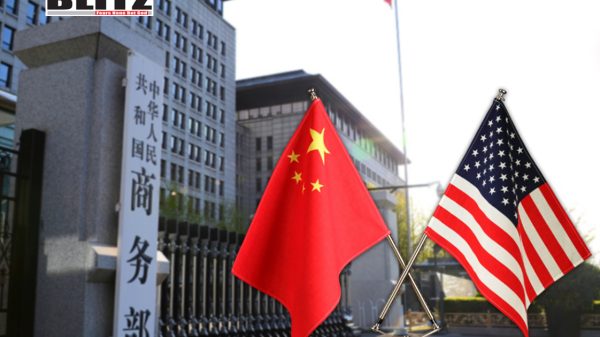
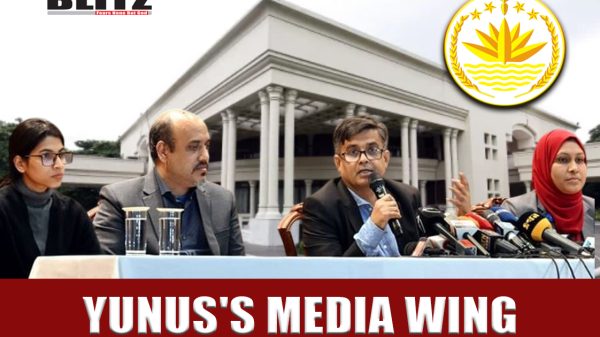
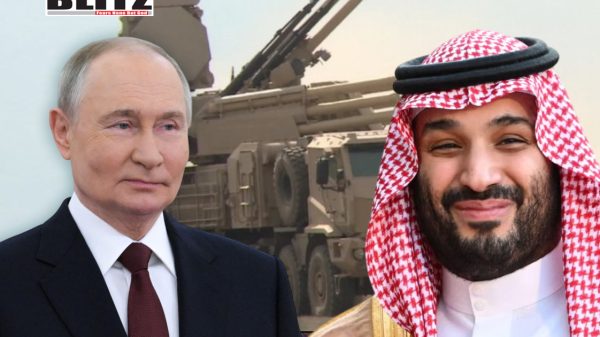
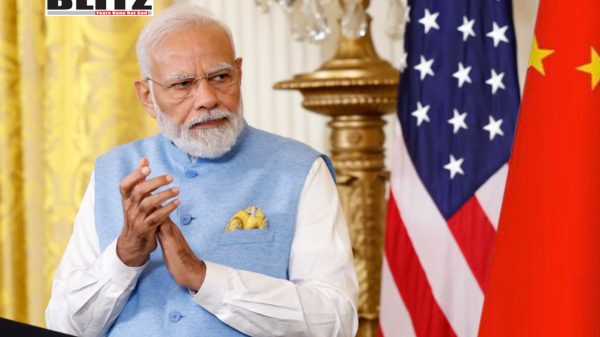


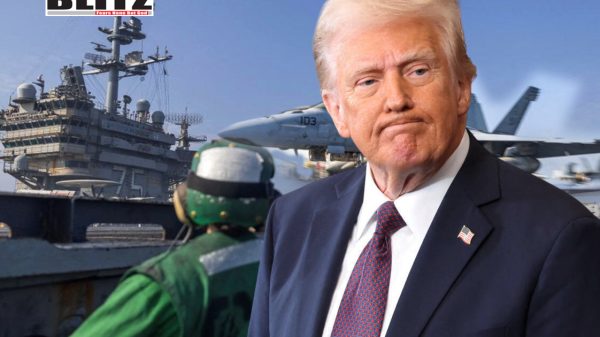
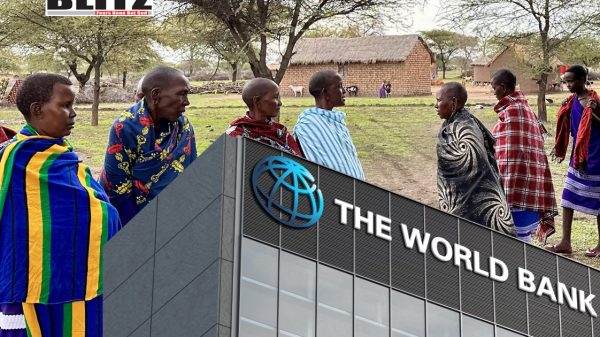
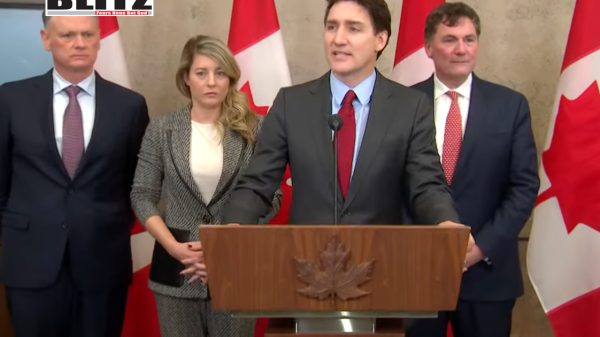
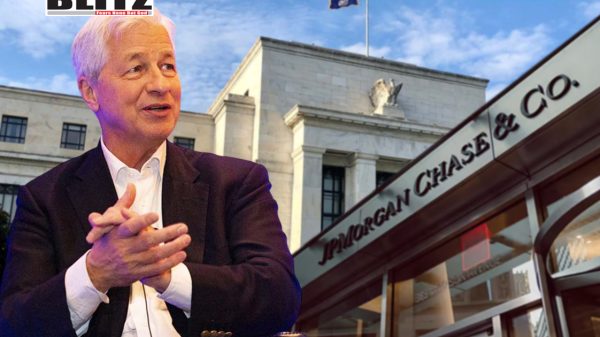
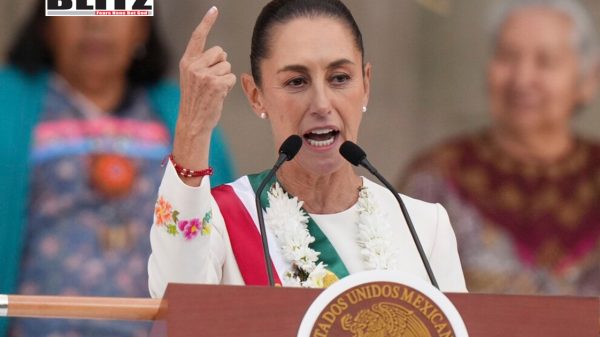
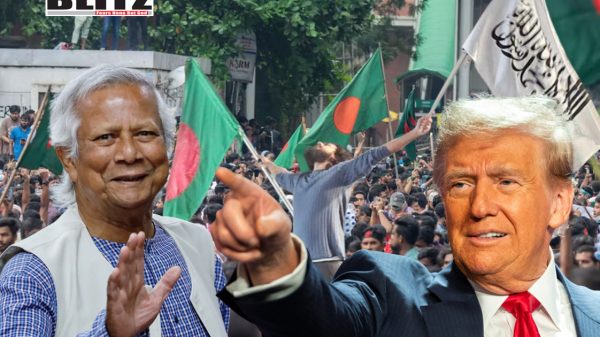

Leave a Reply